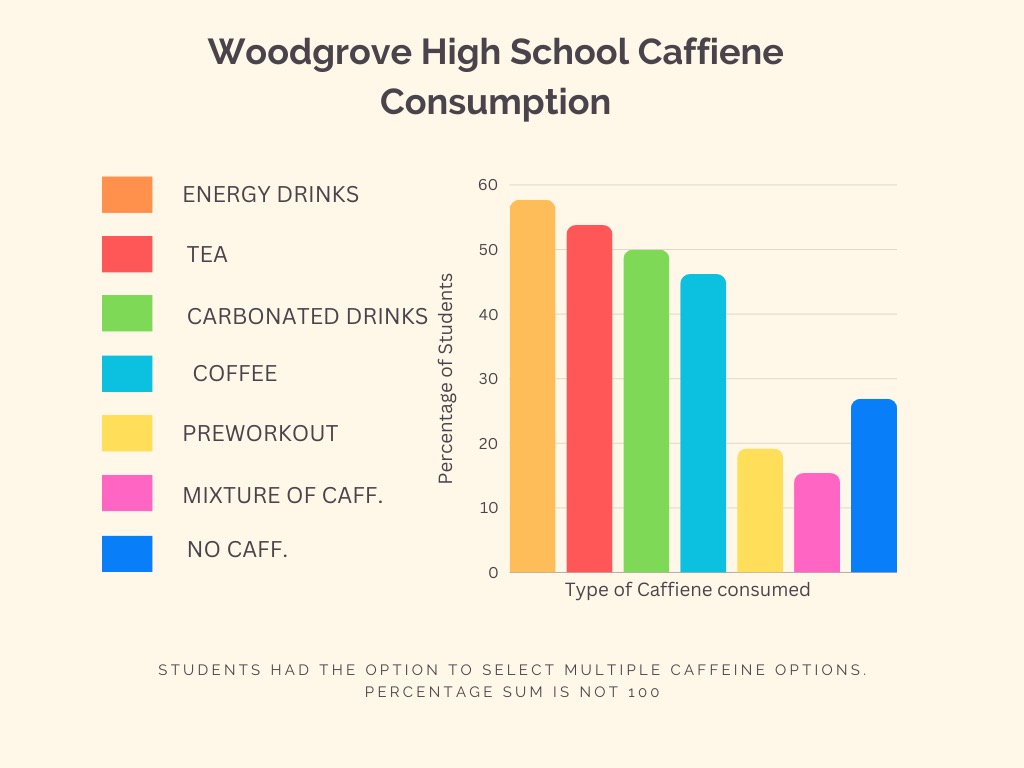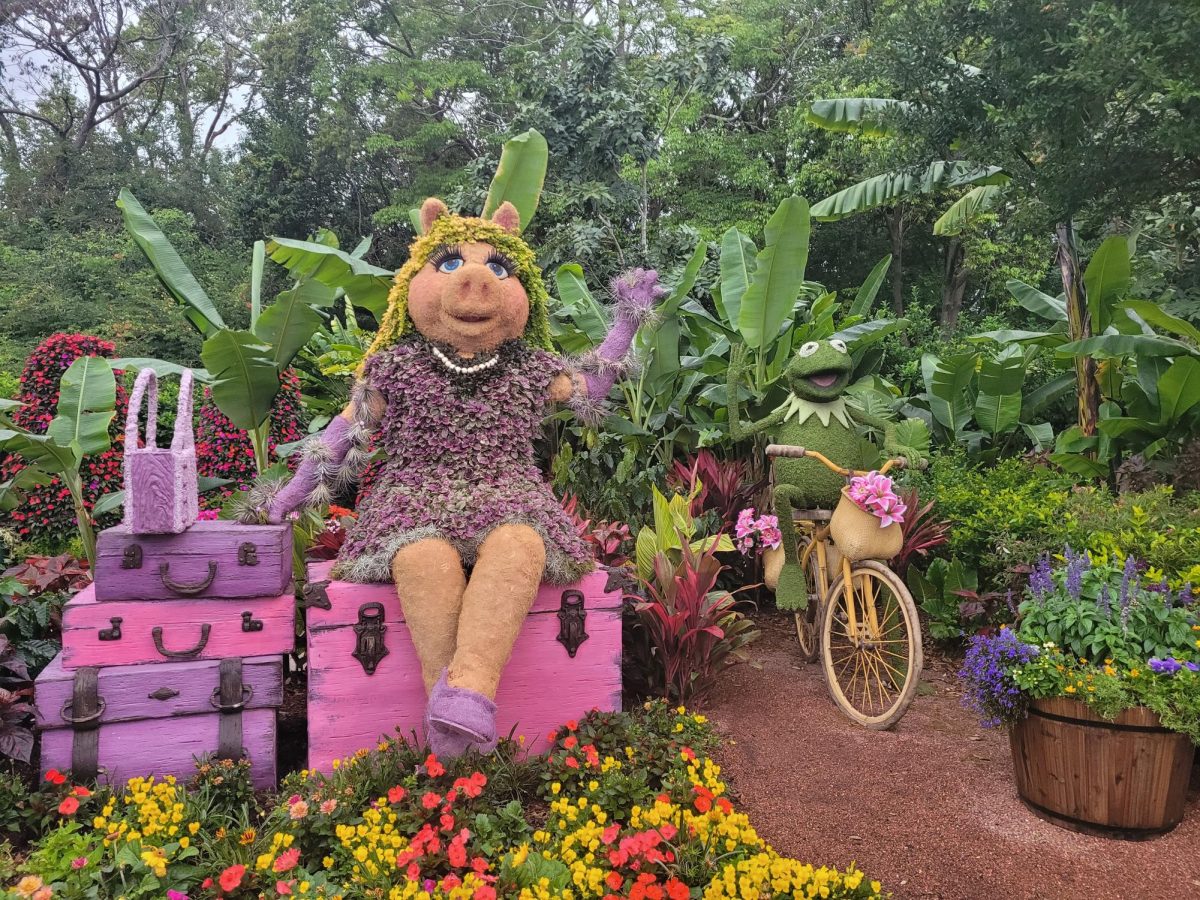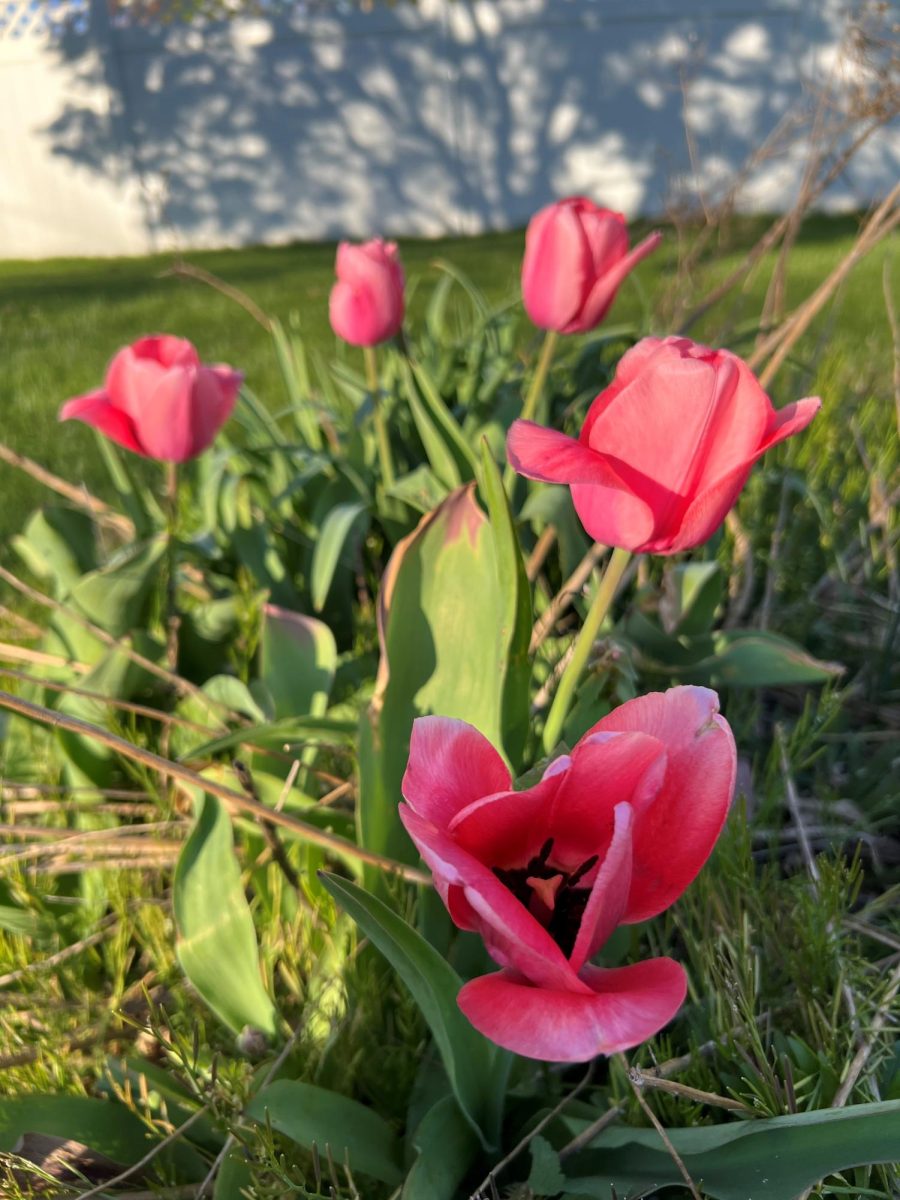In an increasingly fast-paced world, it seems everyone is trying to get a buzz these days. While some consider this drug a quick boost, that boost could actually be lethal. Caffeine, a substance used as a stimulant for over 10,000 years, has given birth to an around-the-clock culture. Caffeine emergence has had unfortunate consequences for consumers nationally. The resulting lawsuits include energy drink company Celsius, restaurant chain Panera Bread, and YouTuber endorsed, Prime Energy. However, there are some healthy alternatives to these drinks that many are unaware of.
Celsius, an energy drink that first hit the shelves in 2004 and has become popular within the past five years, has recently picked up a controversy due to its misleading labeling. The drink had claimed to be a healthy alternative to other energy drinks such as Monster and Red Bull for its low sugar and calorie content. However, ‘healthy’ was not how the lawsuit classified the drink. The product contains preservatives that the company claimed their products had removed, which can turn into carcinogen agents. Carcinogens encourage the development of cancer when introduced to cells in the body.
A popular energy drink marketed to teens in the United States and United Kingdom, Prime Energy, is also being sued for its false advertising of the drink. Prime Energy was created by popular YouTube stars, Logan Paul and KSI. Prime Energy drinks marketed to kids and adolescents via its bright colors, vast range of flavors, and the use of internet celebrities to advertise the product. Containing nearly double the amount of caffeine in Red Bull and Monster, a Center for Disease Control and Prevention (CDC) statement referenced in the lawsuit stated that the drinks, “have no place in the diet of children and adolescents.” In this case, the plaintiff states that Prime Energy does not use significant warnings for kids under eighteen. The legal team cited sleep issues and mood swings as a result of children ingesting the drink. Again another lawsuit emphasizing the dangers of misleading advertising and caffeine on American youth.
One of the most significant lawsuits of 2023 resulted in two caffeinated heart attacks. Panera Bread, a popular restaurant chain in the US is being sued for their line of caffeinated cold lemonades. The real problem with the lemonade is not necessarily its caffeine content in a single serving, but that Panera offers self-serving and free refills along with the drink. A large cup of this lemonade contains 390 milligrams of caffeine, which is ten milligrams away from the daily limit set by the US Food and Drug Administration. A Forty-six year-old man with minor intellectual disability, Dennis Brown, bore the consequences of misleading labeling after consuming three large lemonades. Brown later died on a Philadelphia sidewalk after suffering from cardiac arrest. In another case of cardiac arrest, Sarah Katz had avoided energy drinks her whole life due to a heart condition. Accidentally, she had consumed the lemonade, unaware of its caffeine content, and later passed. The true villain here is the casual labels that are unclear to customers. It is the responsibility of companies to provide adequate warnings on products to prevent further deaths.
Although these cases are extreme examples, caffeine is not to be discounted for its prevalence in teens and young adults. Out of a sample of Woodgrove students, 19.2 percent of them drank more than 200 mg of caffeine in a single day. Nearly sixty percent of these students claimed their primary caffeine sources are energy drinks. With 48 percent of the American population suffering from heart disease, a healthy alternative is the next logical step to cut back on caffeinated hospitalizations.
Although cutting back on caffeine is not the answer most want to hear, it is the superior solution. By cutting back on sugars and caffeine in your diet, the body can produce natural stimulants without relying on artificial means. If cutting back on caffeine altogether is difficult, Yerba mate and Kombucha are viable alternatives. Yerba mate, a plant species native to South America, contains a caffeine content similar to coffee yet provides anti-inflammatory nutrients and vitamins. Kombucha is yeast fermented with tea. Although the substance sounds unappealing, its flavors are vast and its low sugar content and gut benefits allow for a healthy alternative to energy drinks.
Ultimately, when reflecting on personal caffeine consumption, it is necessary to stay informed. In the U.S., drink companies are focused on units of product sold rather than the health of each customer. Assuming the drink is healthy based on packaging and advertising is not enough. Consumers must account for FDA guidelines, comparisons to similar drinks, and product necessity. More often than not, a healthy diet and hydration are enough to offset the ‘need for speed’ that our society encourages.









